Following The Film Stage’s collective top 50 films of 2024, as part of our year-end coverage, our contributors are sharing their personal top 10 lists.
Perhaps in a year where wars are raging, the planet is burning, and the cruelest people are elected to the highest offices, we don’t deserve the best movies. You can find plenty of films that bring joy over the past twelve months, for sure. But if we’re talking about the overall level of awesome-ness of the cinematic offerings, about works that feel undeniable, it seems to me that 2024 did not deliver the way, say, 2023 did.
Then again, maybe that’s just me being grumpy and anxious from all the ways the world offscreen is going wrong, because who can deny the electrifying energy and humanist glow of Sean Baker’s Anora? Or the funny, phantasmagoric family portrait that is Tyler Taormina’s Christmas Eve in Miller’s Point? Chris Sanders certainly made a moving, action-packed modern fable with The Wild Robot, and Gints Zilbalodis gave us an equally splashy and spiritual adventure with Flow.
In the horror department, Robert Eggers went four for four adding another exquisitely crafted nightmare à la Nosferatu to his killer filmography. German filmmaker Tilman Singer did not disappoint with his spookily stylistic sophomore feature Cuckoo. From Korea, Jang Jae-hyun’s sinister zombie extravaganza Exhuma proved a source of great delight. I was also quite taken with a pair of feature debuts: Greg Jardin’s flawed but exciting, ballsy puzzler It’s What’s Inside and Lin Jianjie’s perceptive, quietly menacing creeper Brief History of a Family.
Despite or maybe because of its messiness, Luca Guadagnino’s Challengers is a memorably seductive slice of relationship drama. Despite or maybe because of its slightness, Kohei Igarashi’s Super Happy Forever hits hard with its breezily romantic, melancholic vibes. Pablo Larraín held nothing back in his fabulous, operatically sentimental trilogy-capper Maria, while Leonardo Van Dijl kept just about everything bottled up in his promising, powerful first film Julie Keeps Quiet. Mati Diop gave her thought-provoking documentary Dahomey a fantastical, awe-inspiring spin, and Nora Fingscheidt elevated the addiction drama The Outrun to something splendid with the help of Saoirse Ronan’s tremendous performance.
Finally, if we’re being honest, the film of the year has to be Ali Abbasi’s The Apprentice––a deceptively bland biopic that’s neither pro nor anti-Trump but captures the indifference of an era dictated by capitalism whose consequences are being felt––keenly––today.
Now, on to the favorites.
Honorable Mentions:
I Saw the TV Glow (Jane Schoenbrun)
Drowning Dry (Laurynas Bareisa)
Love Lies Bleeding (Rose Glass)
Who Do I Belong To (Meryam Joobeur)
April (Dea Kulumbegashvili)
10. Cidade; Campo (Juliana Rojas)
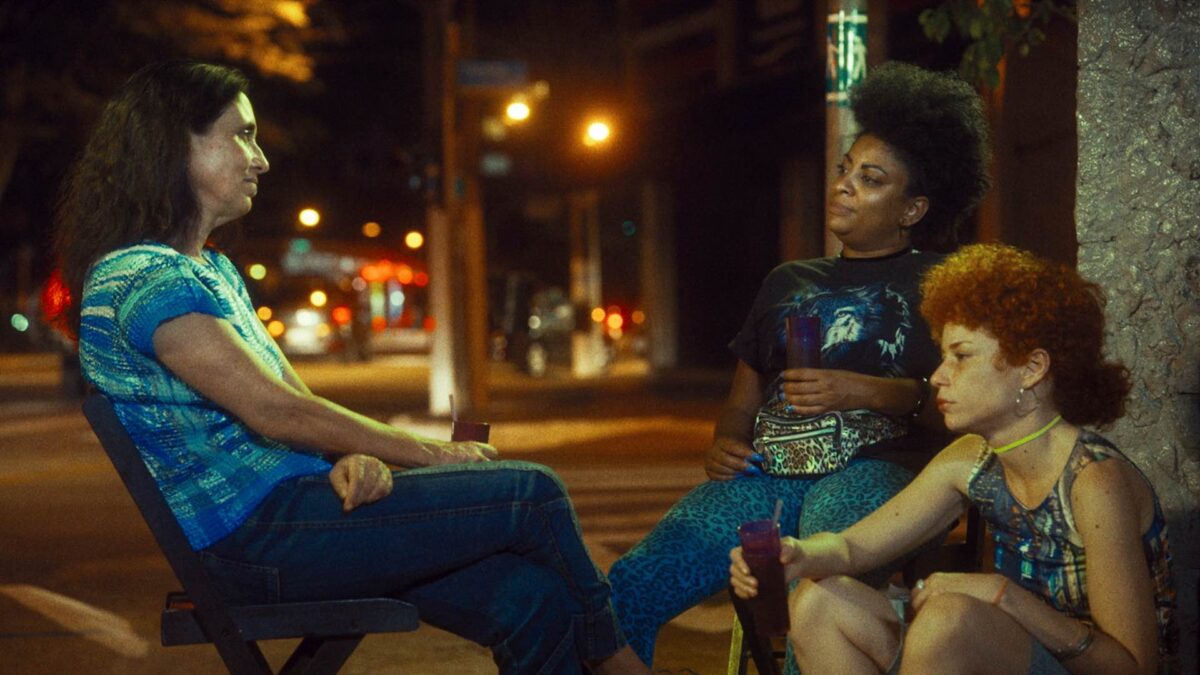
Two tales of migration make up this mysteriously symmetrical film that explores the wonders and perils of life in the city/country. Employing the steady gaze of a field researcher and a fantasist’s flights of fancy, Rojas observes day-to-day injustices alongside unexplained ghostly interludes and sees how, in a land like Brazil, trauma is never far from touch. A relatively sparse plot notwithstanding, the intensity of the imagery leaves a strong impression and informs you intimately of the relationship between the characters and their environment. A magnetic, gritty-turned-trippy study of faces and places.
9. An Unfinished Film (Lou Ye)
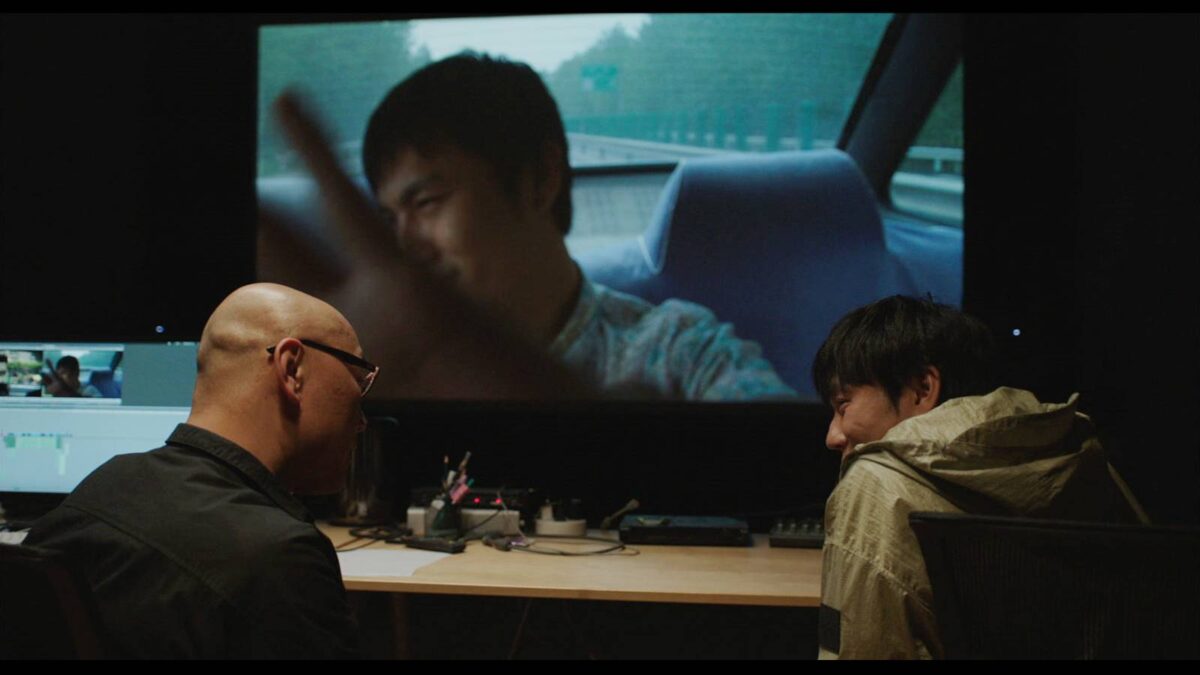
It’s perhaps fitting that Lou’s purportedly unfinished film didn’t find the best ending, but what a premise, what a build-up, what gloriously meta storytelling. This pandemic-era mocumentary is an act of defiance against the Chinese state censorship and among the most creatively inspired works of the year. Set around a film crew trying to complete an abandoned project when lockdown hit, the harrowing drama ponders the essence of cinema via performances within performances, by reconstructing memories and through the very passage of time. It’s invigorating on an intellectual level and deeply affecting for what it says about human resilience and an artist’s duty to remember.
8. Conclave (Edward Berger)
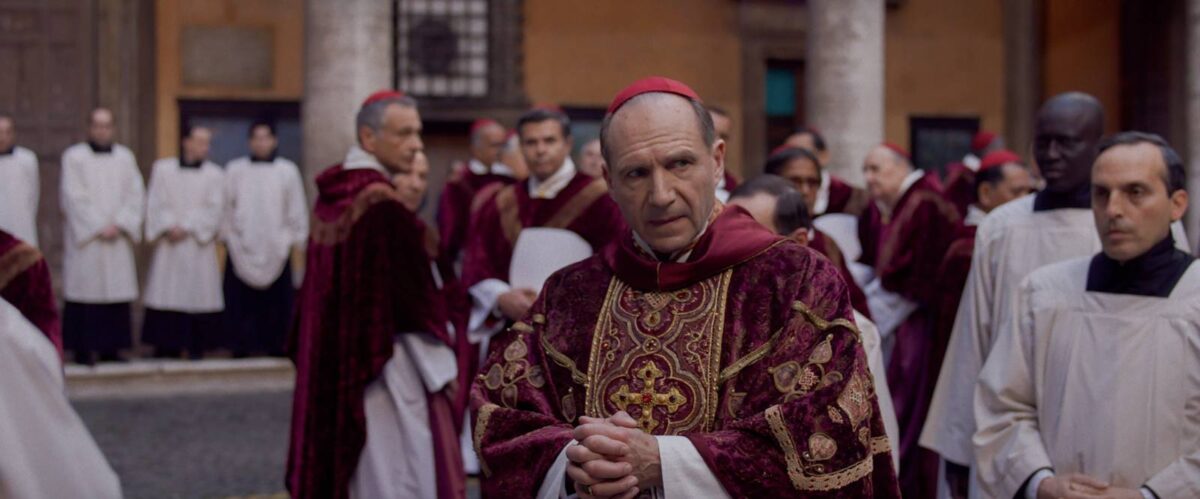
An elegant, old-school political thriller that doesn’t aim terribly high but feels pretty impeccable in what it achieves. Berger’s lean, precise direction showcases the superb ensemble cast led by Ralph Fiennes, whose every silent frown and questioning look add pathos and intrigue to the suspenseful storyline. The cinematography, score and editing all did their part expertly, contributing to the film’s portrait of one man’s crisis of faith amidst the ruthless power struggle within the Catholic Church. Briskly paced and deliciously dramatic, it’s an all-around entertaining ride that engrosses and provokes.
7. Love (Dag Johan Haugerud)
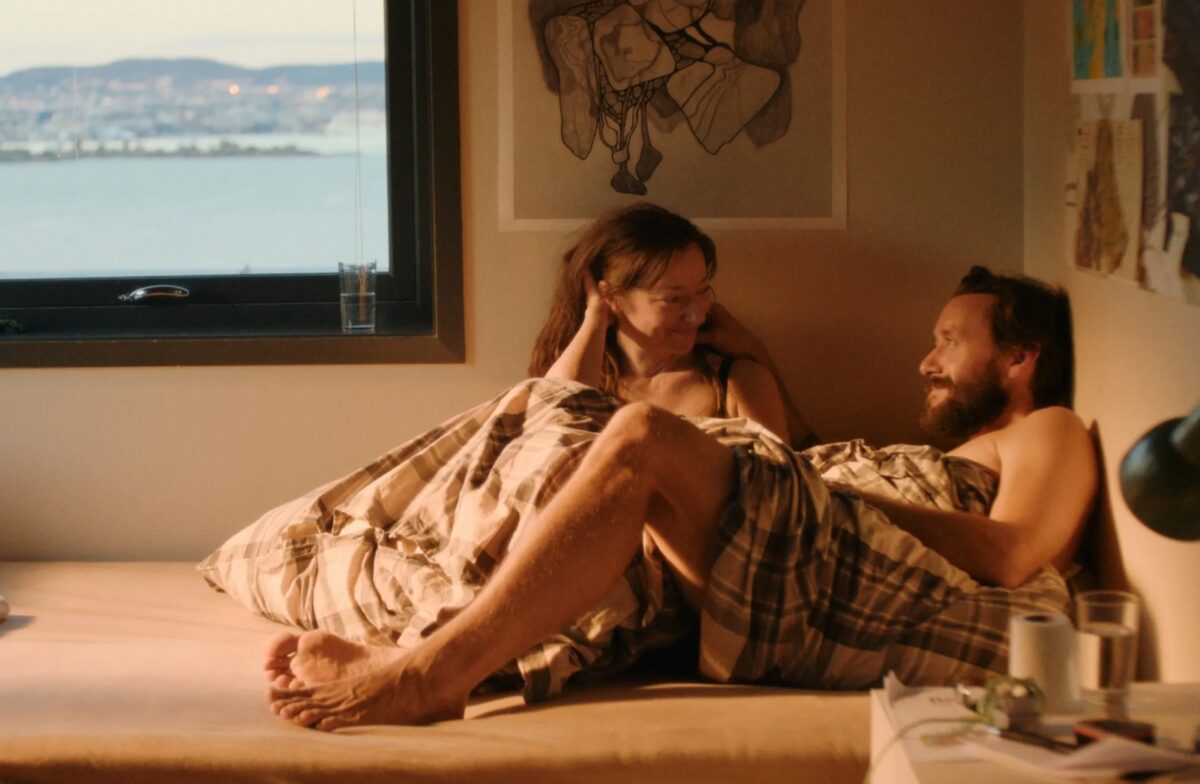
Haugerud’s ode to Oslo and the brave lovers of this world is of a rare breed of films that dazzles you with its writing. His screenplay, so generous in its description of characters who dare to articulate their joy, frustration and doubt as they navigate the modern rules of romance, is a treasure trove of insights and emotional truths. Aided by the expressive, devastatingly beautiful music courtesy of Peder Kjellsby, which hits all the story beats and then some, this summery dramedy is an unabashed celebration of human connection, however transient or messy it may be. The guilt-free feel-good movie of the year.
6. The Substance (Coralie Fargeat)
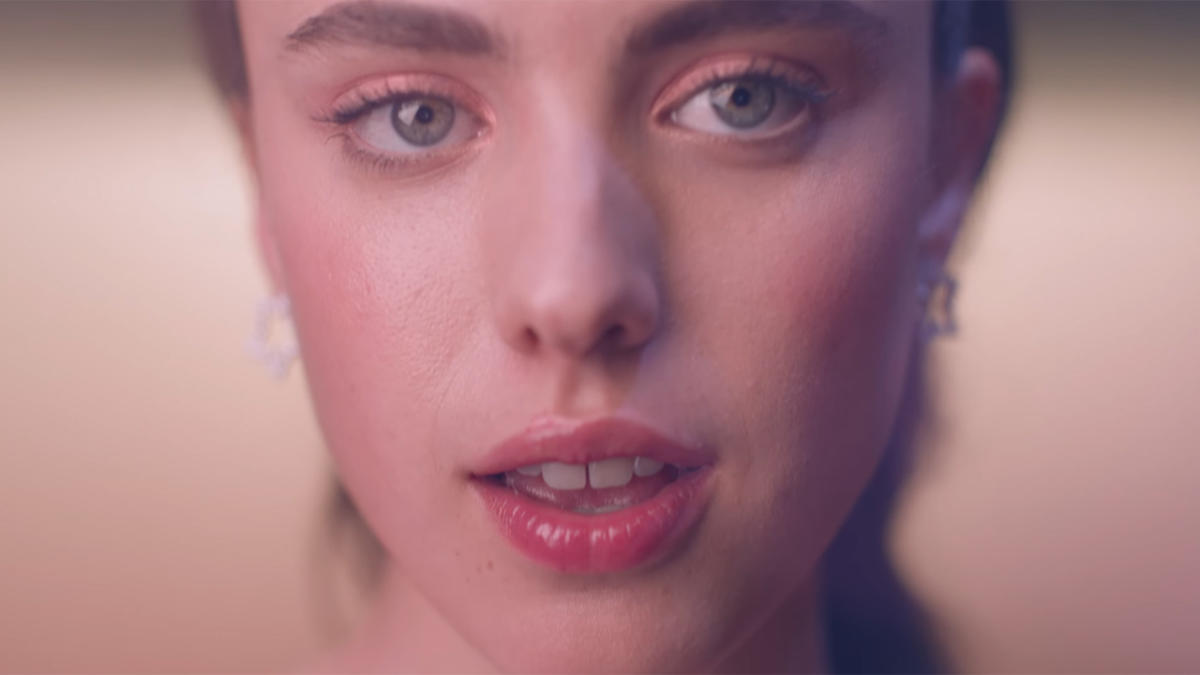
No, the plot isn’t bullet-proof, but the point Fargeat makes with her sci-fi parable stands: misogyny, oppressive beauty standards and the obsession with youth can lead to a self-hate as addictive as it is destructive. Directed with auteurist flair and the gusto of a horror aficionado, this unapologetically in-your-face splash-fest unearths a very real violence with which we treat ourselves that justifies every bucket of blood it splatters. Featuring career-best performances from Demi Moore and Margaret Qualley as two halves of a player in a game with only losers, it’s a deranged cautionary tale that goes over-the-top for all the right reasons.
5. Longlegs (Osgood Perkins)
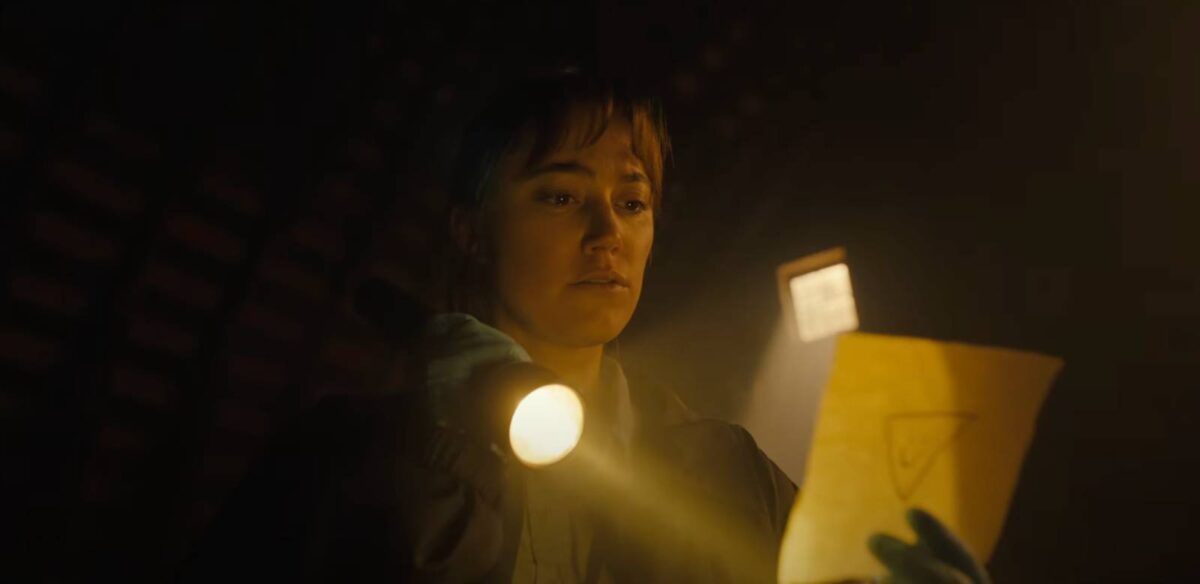
With no discernible message to impart, this twisted, meticulously calibrated serial killer flick is just here to creep you out. Well, consider it mission accomplished. Perkins proves his mastery of genre filmmaking by building a smotheringly atmospheric world in which insanity reigns and no one is safe. Nicolas Cage made maximum impact with minimal screen time, his diabolic star turn outshone only by a spine-tingling third-act surprise recalling that of the original Ringu. Contained in its scope but entirely successful in conception and execution, cinematic experiences like this are why horror deserves more credit.
4. All We Imagine as Light (Payal Kapadia)

The fates of three women converge in this tender, soulful drama about finding one’s way out of the dark. With a documentarian’s eye for the truth, Kapadia captures the hardships of life in Mumbai while never succumbing to sentimentalism. There’s a free-spirited jazziness to her frames that constantly informs you of the heroines’ grace and capacity for hope. Following a dreamy sequence towards the end that propels the film into magical realism territory, it lands on a scene at the beach that shines all the more luminously for how firmly rooted it is in real people’s bliss and sorrow, in the miraculous here and now.
3. Grand Tour (Miguel Gomes)
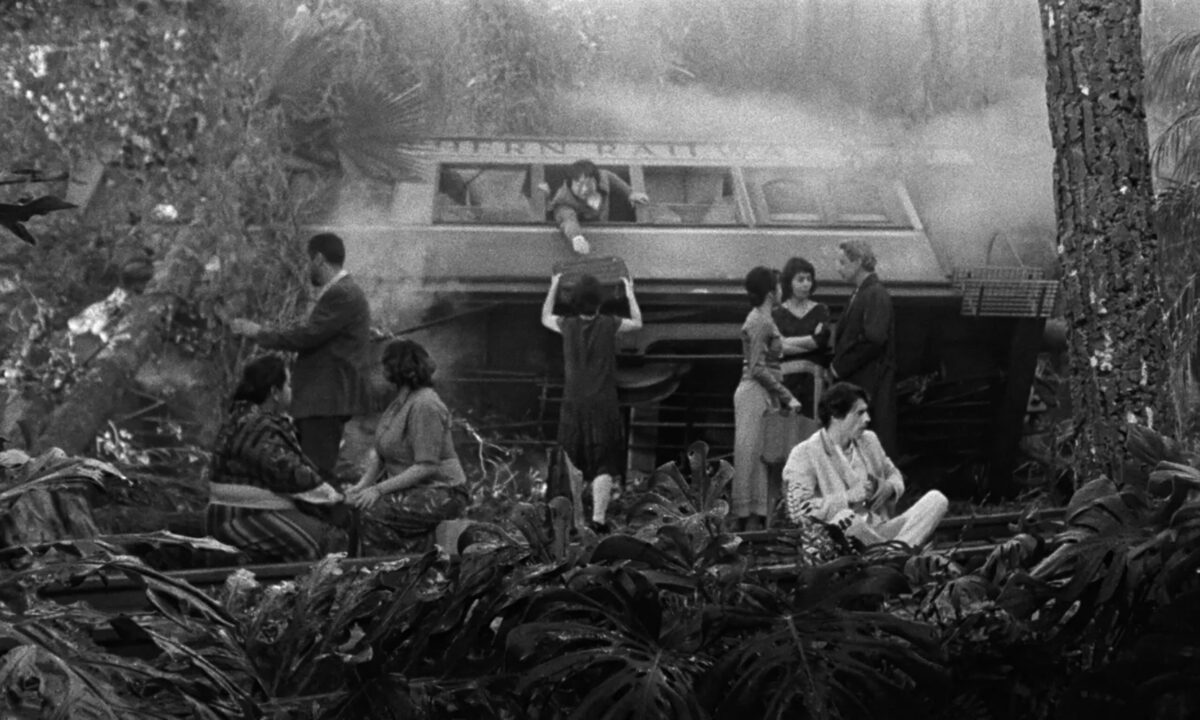
A hypnotic doc-fiction blend that immerses itself in the entrancing sights of south-east Asia while retracing a young man’s route of escape from his happy-go-lucky fiancée a century earlier. Formally radical and stylistically captivating, Gomes’ film bends time, space, narrative logic and registers on an almost subliminal level. You don’t follow so much as get lost in its one-of-a-kind mise-en-scène. When the credits start to roll against the cheerful tunes of Beyond the Sea, an audacious vision is complete, one that doesn’t give many answers but evokes profound realizations about journeys, endings, the purpose of it all.
2. Queer (Luca Guadagnino)
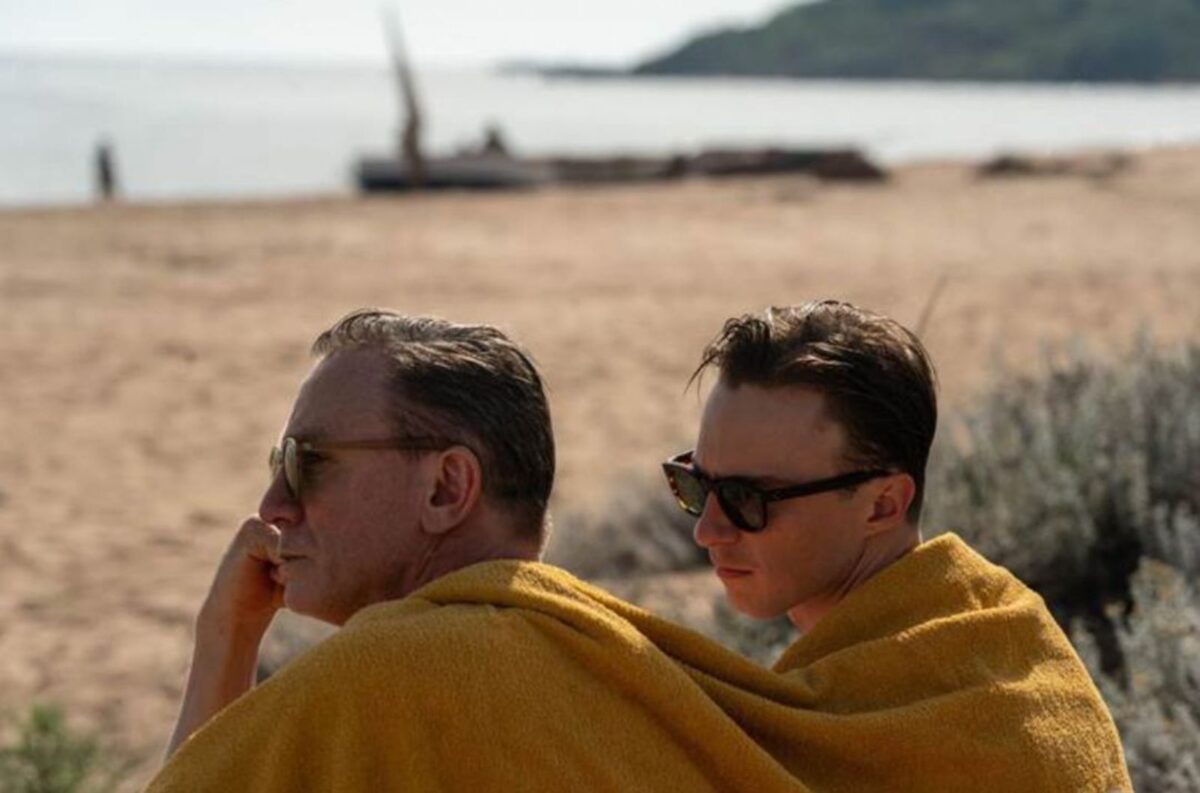
Building on the strength of Justin Kuritzkes’ script, which takes bold creative leaps to map out what’s left unsaid in William S. Burroughs’ feverishly enigmatic novella, Guadagnino crafted a film adaptation that not just does justice to but unlocks and expands an iconic text. By turns goofy, erotic, transcendently sad, it’s a tonal and emotional shapeshifter that taps into the bottomless solitude of queer love. Drew Starkey gave a star-making performance while Daniel Craig disappeared into the role of a tragic everyman, cursed with an unquenchable need to connect. A hallucinatory piece of cinema that touches on something real. Revelatory.
1. The Brutalist (Brady Corbet)

In a year that left little doubt about what America stands for today, Corbet’s epic immigrant story serves as a poignant, timely reminder that there has always been a dark side to the mythical ideal embodied by the Statue of Liberty. Designed, photographed, and scored with stunning beauty, it deconstructs the shiny promise of the post-war New World to uncover layers of greed, hate and treachery. The cast including Adrien Brody and a never-better Guy Pearce is phenomenal, delivering impassioned, perfectly tuned performances that add to the film’s operatic quality. A spellbinding ode to and remarkably brutal takedown of the American dream.
